Iceland Recognizes Changes in the Atlantic Current as a National Security Threat for the First Time
AMOC is responsible for transporting warm waters from the tropics to the North Atlantic and ensures milder winters in Europe. Scientists warn that accelerated melting of glaciers in Greenland could lead to the weakening or complete shutdown of this current due to an excess of freshwater, disrupting ocean circulation. In the past, a similar collapse has occurred, causing a sharp cooling in the Northern Hemisphere before the last Ice Age.
Jóhannsson emphasized that raising this issue to the level of the National Security Council will ensure coordination among all ministries and develop comprehensive measures. The government is conducting a risk analysis for sectors such as energy, food, infrastructure, and maritime transport, and is also developing a strategy for responding to climate crises.
Experts highlight that the consequences of a potential AMOC collapse could affect not only Europe: it would lead to changes in precipitation patterns in Africa, India, and South America, as well as accelerate warming in Antarctica. Researchers warn that the current could reach a "tipping point" in the coming decades.
According to the minister, Iceland does not intend to wait for definitive scientific conclusions. "Changes in sea ice could affect maritime transport; extreme weather conditions could severely disrupt agriculture and fishing - key sectors of our economy," he added.
Scientists are already recording the effects of climate change in Iceland. In October, the island recorded the appearance of blood-sucking mosquitoes of the species Culiseta annulata for the first time, which can survive at low temperatures. Experts warn that the rise in average annual temperatures is contributing to the emergence of new species of insects and plants that have not previously been found in the Arctic, including the spread of forest vegetation into the tundra.
Read also:
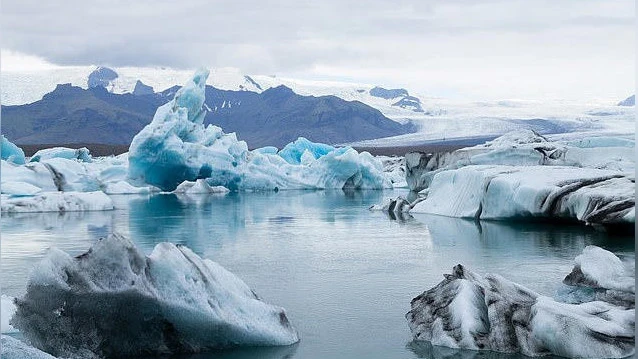
Iceland Considers the Threat of the Atlantic Current's Disappearance a Matter of National Security
Iceland has identified the threat of the destruction of the Atlantic Meridional Overturning...
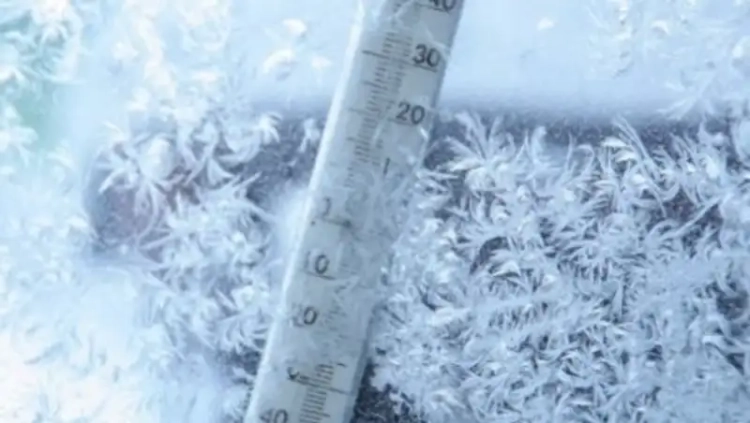
Snowy winters are returning to Europe, but this is not a reason for joy
According to forecasts, new winters in Europe may be full of snow and frost, but scientists see...

Coffee, chocolate, and wine may not survive climate change
The crops in question are critical to the economies of many countries and provide livelihoods for...
Three-quarters of refugees end up in countries defenseless against climate change
The modern world is facing a new stage of instability, where armed conflicts intertwine with...
Mosquitoes Discovered in Iceland for the First Time. This Year Has Been Record Warm for the Country
The first appearance of mosquitoes has been recorded in Iceland. According to BBC News, this year...
Every year, approximately 10.9 million hectares of forest disappear worldwide.
According to information from the UN News Service, forests are under serious threat due to climate...
What Affects Pregnancy, Childbirth, and Children's Health. Data That Makes You Scared
Recently, a round table was held in Bishkek on the topic "The Impact of Climate Change on...
El Niño will become more powerful and dangerous by 2050, study finds
A group of international scientists reports on potential serious changes to the climate phenomenon...

Iran on the Brink of Water Catastrophe: Authorities Do Not Rule Out Evacuation of Tehran
Photo TRT. The President of Iran announced the possibility of evacuating Tehran due to water...
Developing countries will need $310 billion a year to adapt to climate change
In the context of rising global temperatures and the intensifying impacts of climate change, a...

Tajikistan has repatriated 4,000 students
A recent statement by the Chairman of the State Committee for National Security of Tajikistan,...

Iran will not relocate its capital
As Abdolalizade emphasized, the water crisis affects not only Iran but also other countries in the...
Three Recidivists Detained on Suspicion of Extorting Kyrgyz Citizens in Russia
The press center of the State Committee for National Security reported the detention of K. N. K.,...
Trump instructed the Pentagon to prepare for a possible military operation in Nigeria
U.S. President Donald Trump has instructed the Pentagon to prepare a plan for possible military...
The Bank of Russia will consider large transfers to oneself as a sign of fraud.
The Central Bank of Russia plans to amend its list of fraud indicators by adding large transfers to...
Border Guards May Be Removed from the Kyrgyz-Tajik Border
At today's 91st meeting of the Council of Commanders of the Border Troops of the CIS in Manas,...
Climate change affects pregnancy, childbirth, and children's health. Disheartening data
A recent round table in Bishkek, organized by the United Nations Population Fund (UNFPA) in...
In the next 10 days, no sharp changes in the weather are expected; it will get warmer. Weekly forecast
Over the next ten days, no sharp temperature fluctuations are predicted; a moderate warming is...
US Department of Transportation to Cut Number of Flights by 10% Due to Shutdown
The U.S. Secretary of Transportation, Sean Duffy, has decided to reduce the number of flights...

Cooling down to -20° and snowfall: sharp weather change in Kyrgyzstan
A storm warning will be in effect in Kyrgyzstan from November 4 to 5. Meteorologists predict...
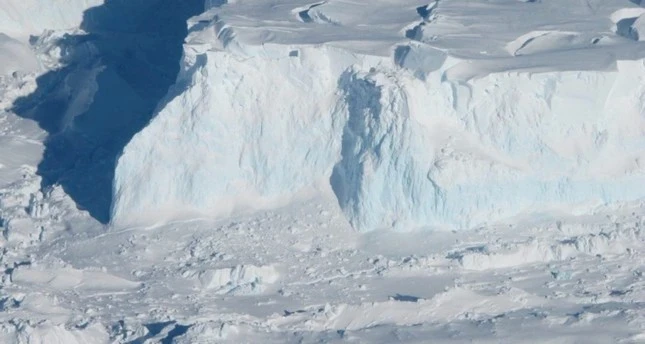
Dehdal Glacier in Tajikistan is Collapsing Against the Backdrop of Abnormal Heat
Experts explained the movement of the Dehdal Glacier, located near the village of Safedob in the...
Every fourth adult in the Kyrgyz Republic suffers from obesity, and the risk is increasing among children.
Kyrgyzstan has found itself among countries with a high risk of obesity and related diseases,...
In one of the cities in Russia, authorities have disabled mobile internet "until the end of the special military operation"
In Ulyanovsk and several other settlements in the Ulyanovsk region, authorities have decided to...
Psychiatrist: Self-discontinuation of medication can lead to a relapse of the illness
On the radio "Birinchi," psychiatrist Yulia Ulitina discussed the importance of adhering...
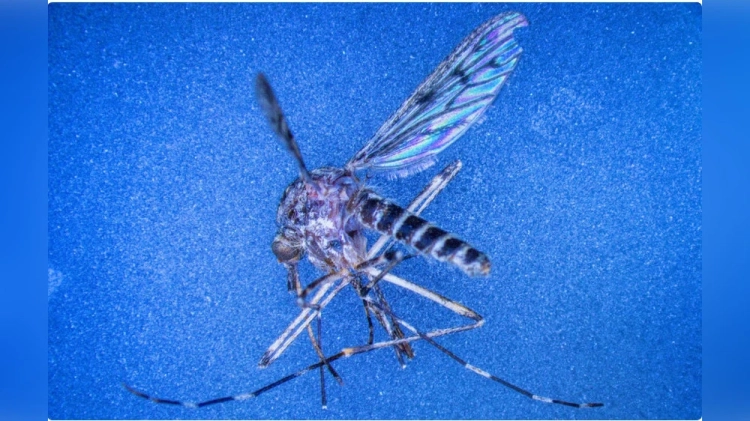
Mosquitoes Discovered in Iceland for the First Time
The mosquito Culiseta annulata is visible on the control monitor connected to the microscope in...

Global warming may unexpectedly trigger a new ice age
Research conducted by scientists from the MARUM Center for Marine Environmental Sciences at the...
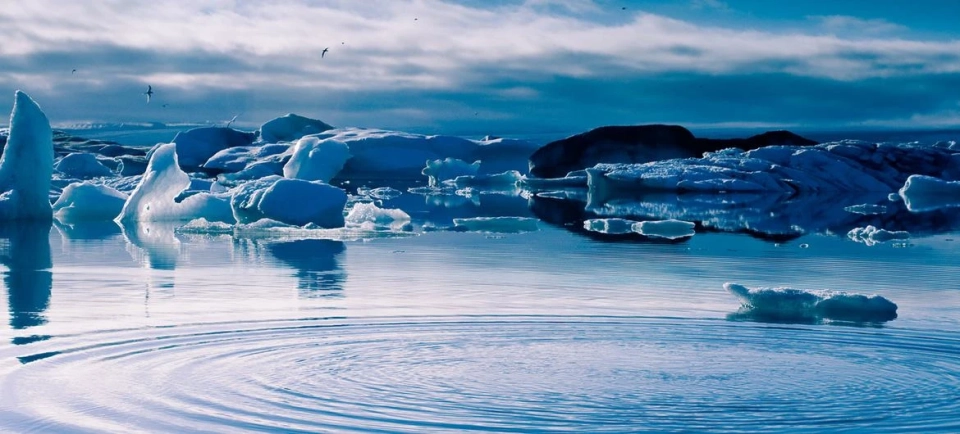
In 2025, Planet Earth Continues to Break Temperature Records
In 2025, the Earth continues to set new temperature records. According to the World Meteorological...

British authorities investigate whether hundreds of Yutong electric buses from China can be remotely disabled
In the UK, an investigation has been launched regarding the possible remote disabling of hundreds...
Canada imposed sanctions against one of the Kyrgyz banks
The Canadian government has updated its list of anti-Russian sanctions, adding a number of new...
Cabinet: The main challenge is not what to do, but how to ensure funding for climate programs
As part of the session on "Ten Years of the Paris Agreement: National Contributions and...
Storm Warning: A Sharp Drop in Temperature Expected Across the Republic on November 4-5
In Kyrgyzstan, significant changes in weather conditions are expected on November 4-5. According to...

Israel has destroyed over 1,500 buildings in the Gaza Strip after the ceasefire.
Satellite images show that the destroyed buildings in the eastern part of Khan Younis had no...

OpenAI has banned ChatGPT from providing legal and medical advice
The company urged users to use its services responsibly According to the updated policy from...
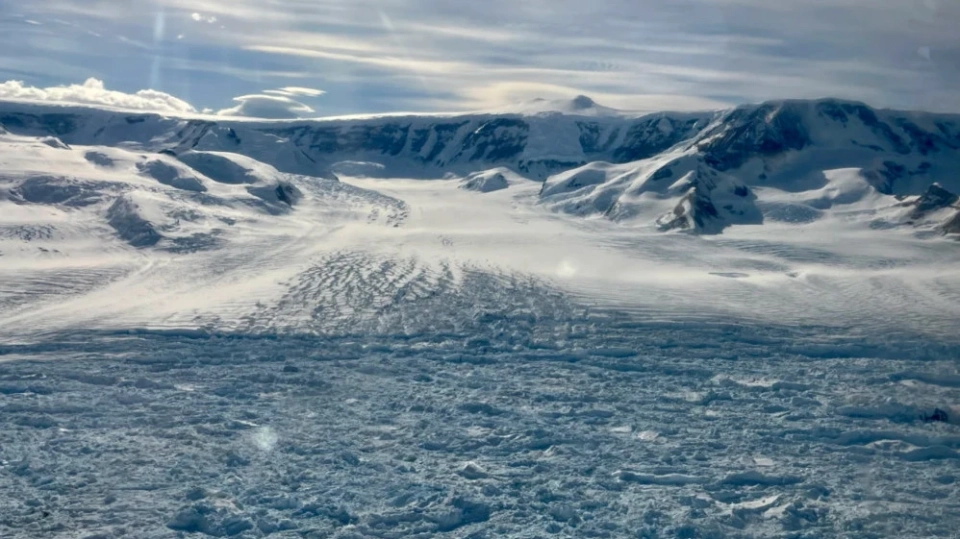
Glacier in Antarctica Shrunk by Nearly Half in Two Months, Study Finds
The Hektoria Glacier, whose area is comparable to that of Philadelphia, is located on the...

The Head of the KR Delegation Speaks at the 21st Conference of the Parties to the Climate Convention
At the climate negotiations in Paris, the second high-level segment has begun. Experts have...
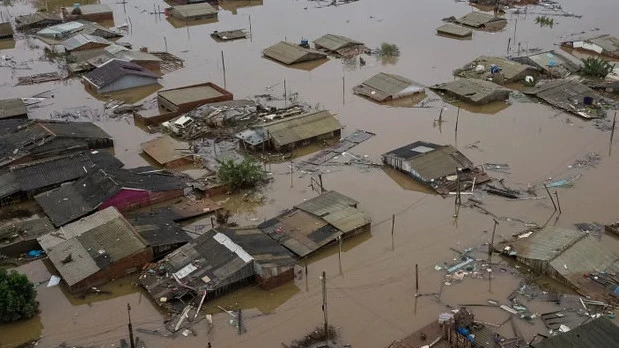
Climate disasters forced 250 million people to leave their homes in the last 10 years, – UN report
More than 250 million people have been forced to leave their homes over the past decade due to...

UN: Developing countries will need $310 billion a year to adapt to the impacts of climate change
Photo UNICEF/S.Andriananten Climate change is leading to an increase in the frequency of droughts...
The President allowed the GKNB to provide paid DNA analysis services.
The President of the Kyrgyz Republic, Sadyr Japarov, has approved the draft law "On Amendments...

In Kyrgyzstan, concerns about national security have arisen.
On Monday, November 16, the I Bishkek Forum "Kyrgyzstan: Alarming Prospects in the Field of...

In Antarctica, the fastest glacier collapse in history has been recorded
Antarctica has witnessed the fastest glacier collapse in history. According to the Ministry of...
In Kyrgyzstan, a decrease in sugar production is expected due to weather conditions, - Ministry of Agriculture
In 2025, Kyrgyzstan will face a decrease in sugar production volumes due to unfavorable weather...

A large mass of ice has broken off the glacier at the summit of Ismoil Somoni Peak in Tajikistan.
A chunk of ice broke off and began to slide down the gorge, and by 14:00 the situation was fully...

Events in Afghanistan May Threaten the Security of Kyrgyzstan
“The events occurring in the Afghan city of Kunduz may subsequently threaten not only the security...